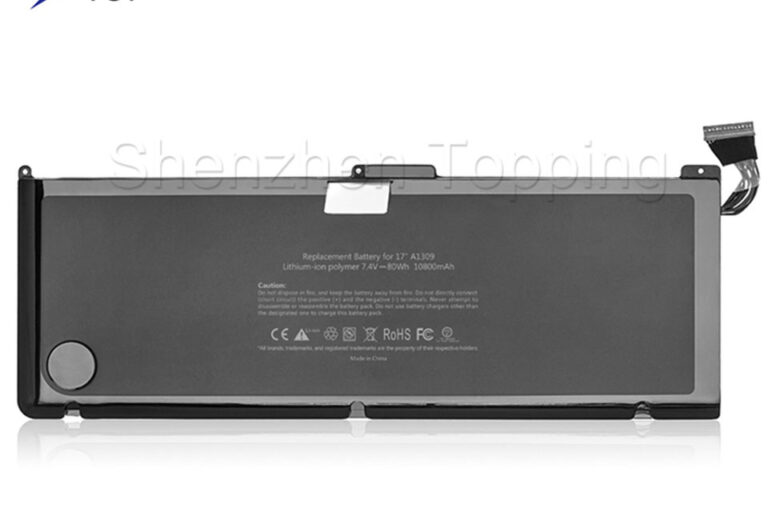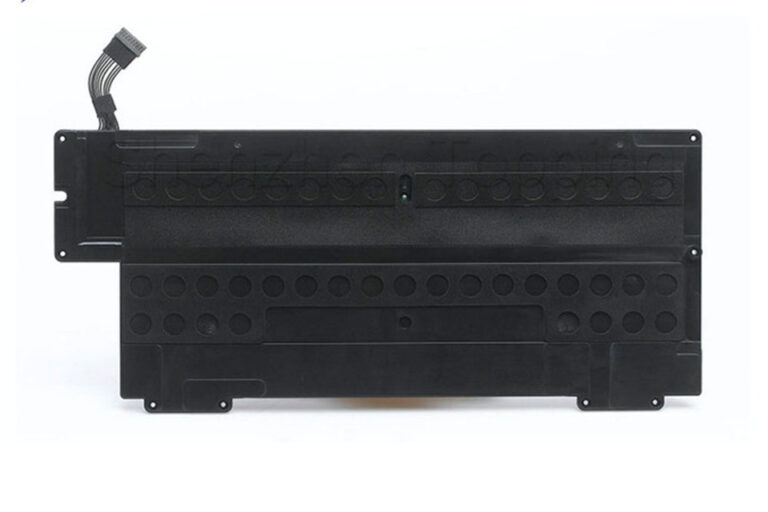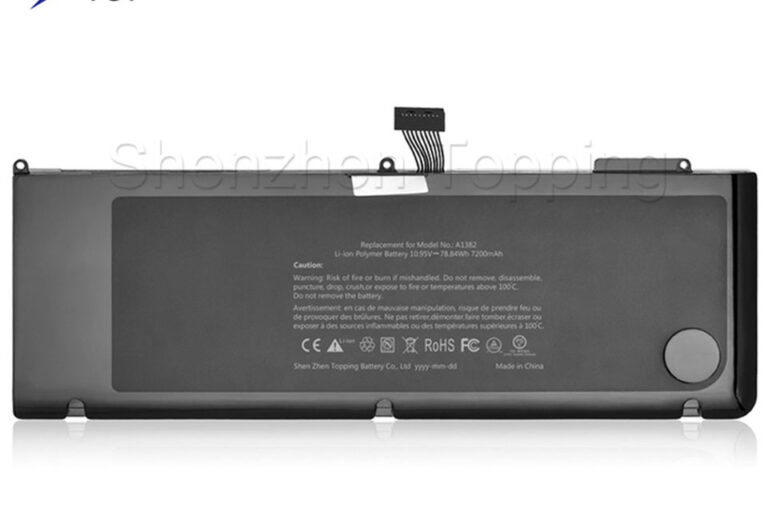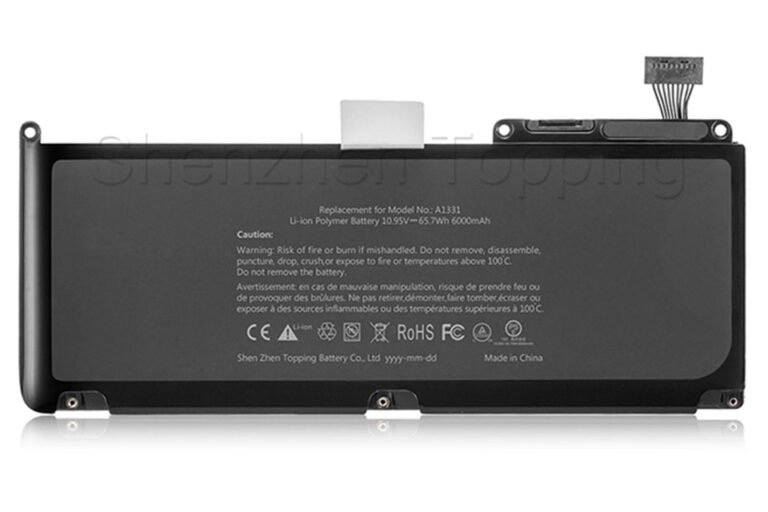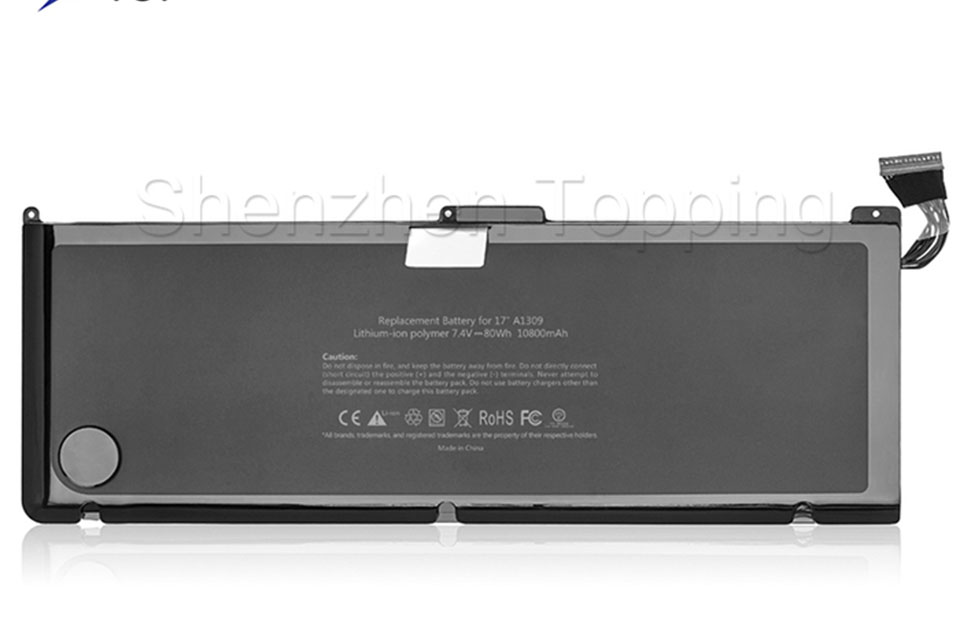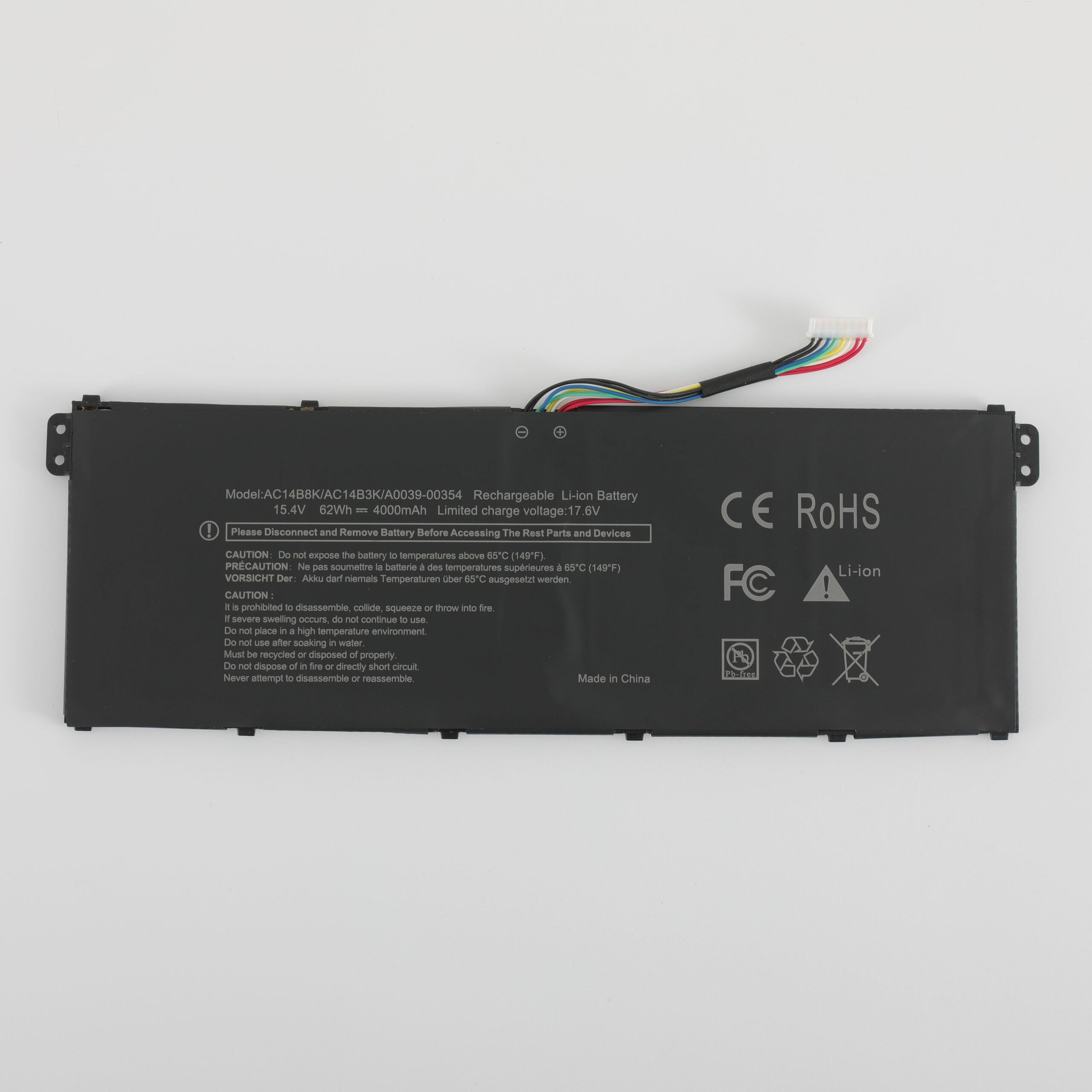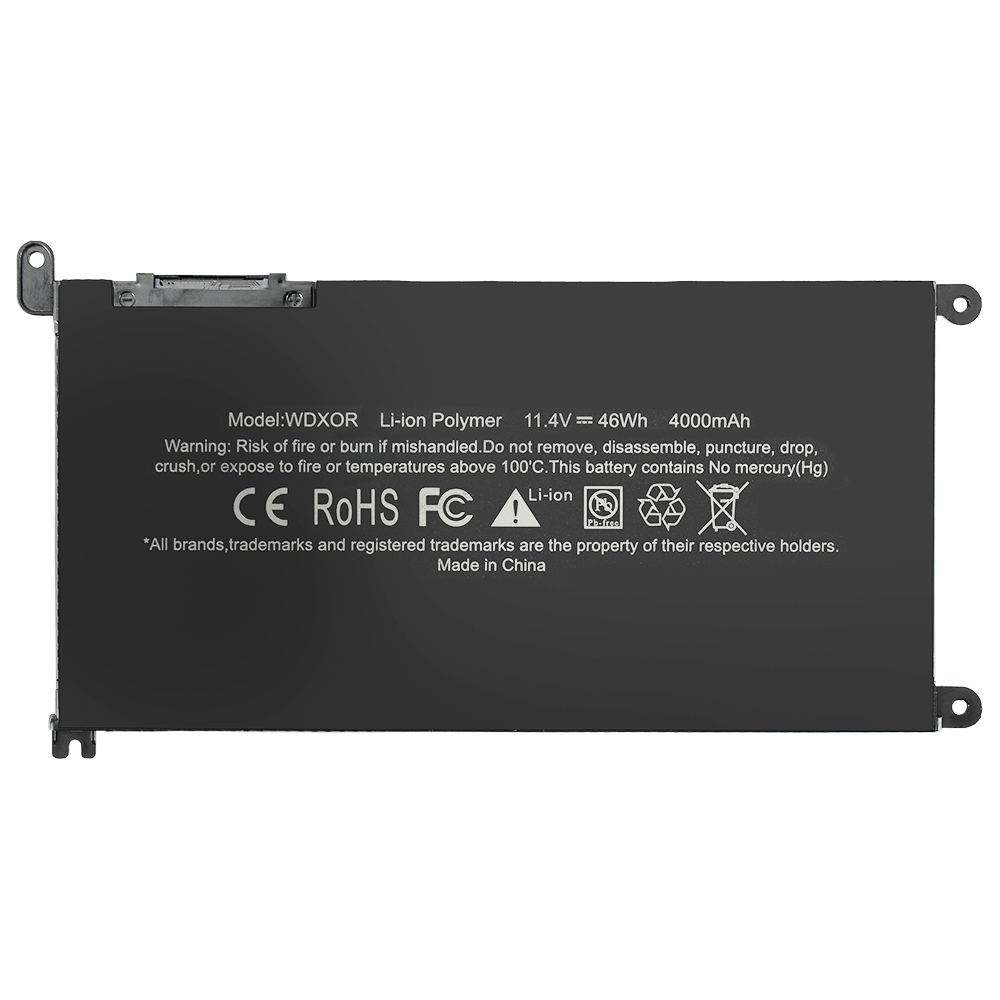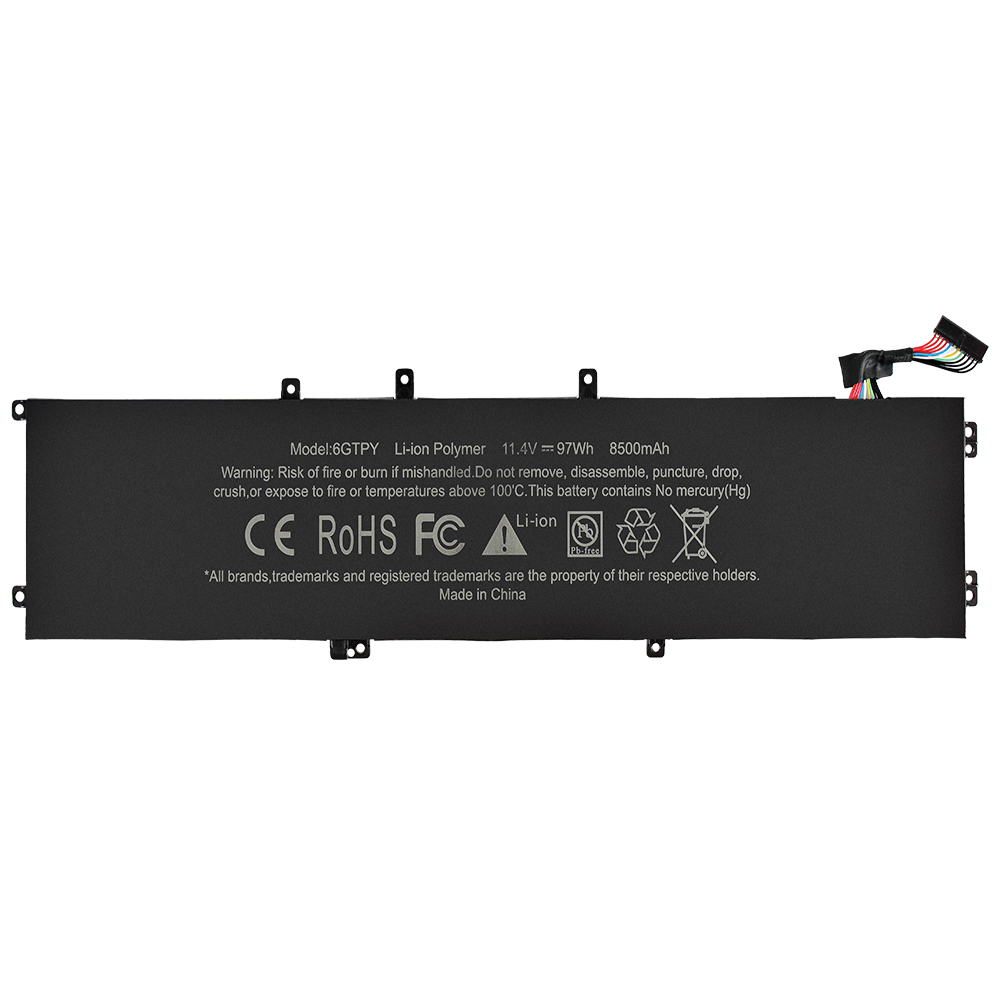-
Longshan 5th Rd, Xingsheng County,Longgang Street, Shenzhen
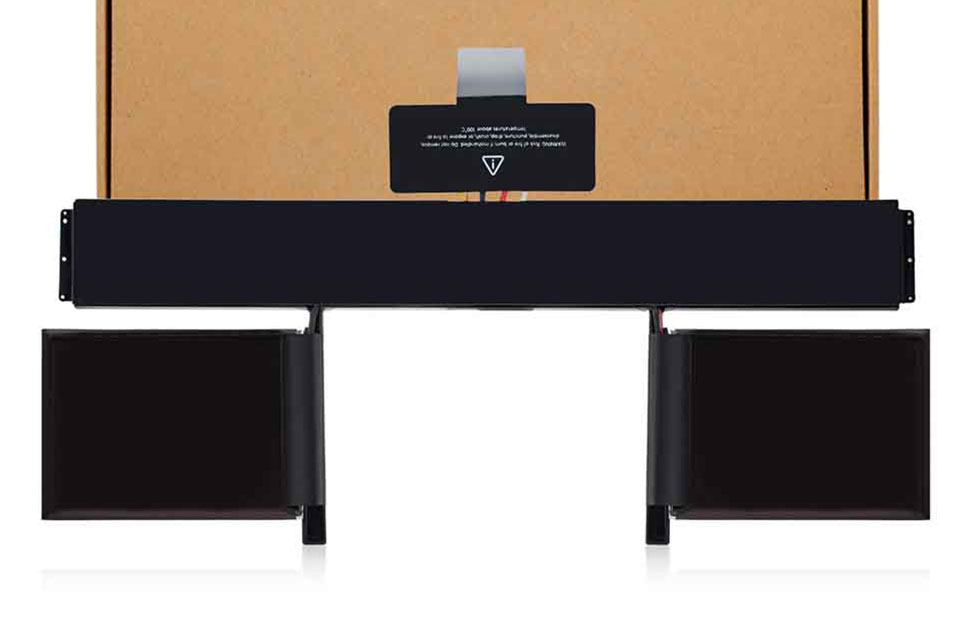
Do laptop batteries stop charging when full?
Brief Response
Yes Modern laptop computers quit billing when the battery is complete. The Battery Administration System ( BMS) ensures your laptop computer does not obtain excessive power. This maintains your battery secure.
Table of Contents
Just How Modern Laptop Computer Billing Functions
Battery Administration System (BMS) Described
The BMS resembles a guard for your battery. It checks:
- Just how much power remains in the battery
- Exactly how warm the battery is
- The amount of times you have actually billed it
When your battery reaches 100%, the BMS informs the laptop computer to quit placing power in the battery. This is called overcharge defense It collaborates with lithium-ion battery technology that many laptop computers make use of today.
Trickle Billing Misconception
Lots of people assume laptop computers maintain billing also when complete. This is not real! When your battery gets to 100%, your laptop computer switches over to air conditioner power It utilizes power from the wall surface and does not touch the battery.
The power adapter safety and security includes collaborate with the voltage guideline system. This quits your battery from obtaining harmed by excessive power.
Third-Party Battery Charger Threats
Take care with affordable battery chargers! They might not have great power rise defense This graph reveals why:
| Battery Charger Kind | Has Safety And Security Attributes? | Threat Degree |
|---|---|---|
| Initial (OEM) | Yes | Reduced |
| High Quality Third-Party | Generally | Tool |
| Low-cost Duplicate | Hardly Ever | High |
| Utilizing affordable battery chargers can create billing port wear and harm your laptop computer’s billing circuits |
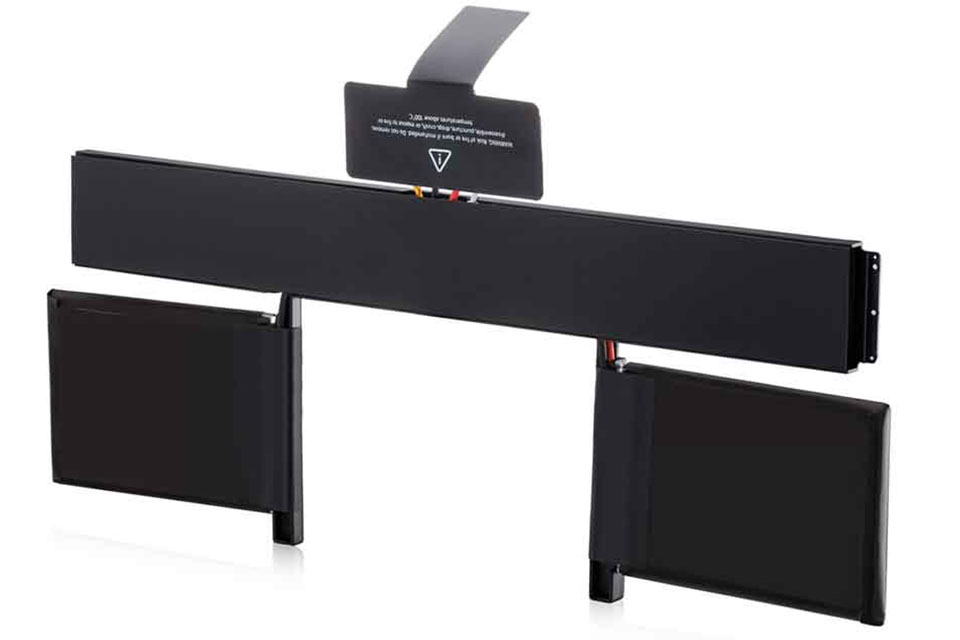
Misconceptions vs. Realities
Misconception: Leaving laptop computers connected in over night eliminates the battery
Reality: The BMS avoids overcharging, however maintaining the battery at 100% for a very long time can make it age much faster because of warm generation threats
Misconception: Totally releasing increases battery life
Reality: Partial billing advantages are actual! Maintaining your battery in between 20% and 80% assists it last much longer. Deep discharge avoidance is constructed right into laptop computers to quit batteries from going as well reduced.
Researches reveal that batteries maintained 80% cost can last approximately 2 times longer than those constantly credited 100% This is why numerous laptop computers have battery saver settings
Ideal Practices for Battery Durability
Stay Clear Of 100% Constant Charging
Usage battery health and wellness tracking devices like:
- Dell Power Supervisor
- ASUS Battery Wellness Charging
- Lenovo Vantage
- macOS Battery Wellness Administration
These devices allow you establish a cost discontinuation voltage that quits billing at 80% rather than 100%
This functions finest when not constantly maintained complete cost.
Temperature Level Control
Warmth is really poor for batteries! Stay clear of utilizing your laptop computer:
- On soft beds or coverings
- In straight sunlight
- In warm cars and trucks
- On your lap for extended periods
The cooler your laptop computer remains, the longer your battery will certainly last. Ambient temperature level results can reduce your battery life by approximately 20% annually in warm locations.
Adjust Yearly
In Some Cases your battery wear signs obtain puzzled. Annually, comply with these actions:
- Fee to 100%
- Unplug and usage up until virtually vacant
- Allow the laptop computer go to rest setting
- Fee back to 100% without utilizing it
This repairs the battery capability loss analyses and assists your laptop computer reveal the appropriate battery degree.
For Lenovo ThinkPad individuals, this 4950mAh battery replacement collaborates with the exact same calibration actions.
Unplug Throughout Heavy Usage
Hefty jobs like video games or video clip modifying make great deals of warm. This warm plus billing misbehaves for your battery. The cost cycle limitations obtain consumed much faster when the battery is warm.
Indicators of Battery Put On
Look for these indicators that your battery is obtaining old:
- Battery swelling (laptop computer base protrudes)
- Rapid battery drainpipe
- Laptop computer passes away prior to getting to 0%
- Battery not holding cost
You can make use of battery upkeep software program to inspect your battery health and wellness metrics If your battery maintains much less than 80% of its initial power, you could require a brand-new one.
The ASUS VivoBook battery is an excellent alternative if you require to change a damaged battery.
Frequently Asked Questions
Can I leave my laptop plugged in 24/7?
Yes, but it’s better to use u003cstrongu003eadaptive charging techu003c/strongu003e that keeps the battery at u003cstrongu003e80%u003c/strongu003e. This reduces u003cstrongu003ebattery degradationu003c/strongu003e and helps with u003cstrongu003eenergy efficiencyu003c/strongu003e.
Do cheap chargers damage batteries?
Yes! They may cause u003cstrongu003eovervoltage protectionu003c/strongu003e to fail. Always use u003cstrongu003eOEM charger compatibilityu003c/strongu003e or good quality third-party options with proper u003cstrongu003ebattery safety certificationsu003c/strongu003e.
How often should I recharge?
Small, frequent top-ups between u003cstrongu003e20%u003c/strongu003e and u003cstrongu003e80%u003c/strongu003e are better than deep discharge cycles. This improves u003cstrongu003echarge/discharge cyclesu003c/strongu003e and extends u003cstrongu003ebattery cycle countu003c/strongu003e.
Final Thought
Modern laptop computers DO quit billing when complete! The BMS utilizes clever billing formulas to shield your battery. Yet despite having this defense, maintaining your laptop computer at 100% bill regularly will certainly make the battery age much faster.
For finest battery life-span optimization:
- Maintain cost in between 20-80%
- Stay clear of warm
- Utilize the appropriate battery charger
- Adjust annually
These actions assist your laptop computer battery remain healthy and balanced a lot longer!

